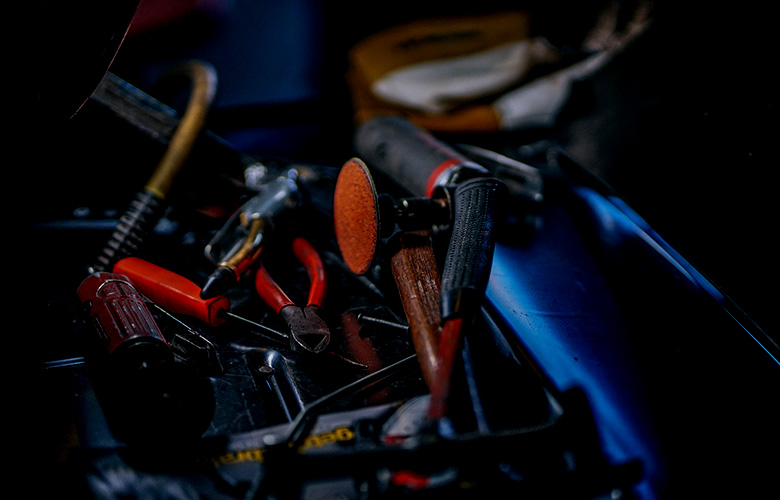
I love retro computing. In my home office, I have a Commodore 64 on my desk next to my regular workstation. I’m not so much of a gamer. Rather, I enjoy programming this 35-year-old computer. Manipulating bits and bytes to make a normally docile machine come to life and do what you tell it to do can be rewarding. Moreover, it can help you understand the more modern equipment used in today’s theatres.
Assembly language is the language native to a Commodore 64’s central processor. Learning how to program this machine has taught me the ins and outs of digital processing. I’ve had to learn how to manipulate a single bit in the computer in a way that is useful, a way that can make the machine function. In a computer, a bit is the smallest unit of data, and when combined together with other bits, they contribute to the passing along of information and, in the end, getting things done.
DMX, which connects the console to its devices, for example, is an 8-bit communication protocol. (For those of you who nerd out over these things, I’ll add this: sure, some fixtures have 16-bit parameters, but that’s simply two 8-bit bytes combined to give you finer control of a parameter. )
As a theatre lighting technician, I did not have to learn how and why a single DMX channel transmits between 0 and 255 steps or the reasons behind the dip switches settings. These understandings came naturally to me because I’ve been playing with computers since I was a kid.
The 35-year-old computer and the modern electronic lighting fixture are much more related to each other than one might think.
Whenever I work (or play) on my vintage computer and learn about something vital about its functions, I also learned something fundamental about how other digital equipment functions, including show equipment.
They were both electronic devices, but after that, they were not related. It wasn’t until I realized I could, with a bit of extra hardware, turn my Commodore 64 into a single universe lighting console that I started to make these connections.
More importantly, and regardless of your role in the field, take a look at the things that you already love to do outside of your theatre. What you’re doing outside of the theatre might apply, in some unexpected way, to your profession, and these discoveries and connections just might inspire you to love your theatre life even more.
Losing The Cord: Converting From AC to DC


Michael Cassera enjoys a twenty-seven-year long career with Cirque du Soleil spanning three of their long-running resident shows: Mystère, Zumanity, and LOVE. With Cirque, Michael has worked as a Followspot Operator, a Board Op., an Assistant Head, and Head of Lighting. He is currently the Technical Manager for Mystère. Before joining Cirque, he worked for a brief time as a followspot operator for Siegfried and Roy at The Mirage. Prior to moving to Las Vegas, Michael worked on the bounce off-off-Broadway and in the NYC tri-state area as a stage electrician and lighting designer. He was also employed as a local stagehand at Giants Stadium and Brendan Byrne Arena. A graduate of The School of Visual and Performing Arts at Syracuse University, Michael earned his Bachelor of Fine Arts in Drama with an emphasis in Design in 1991. He continues to live in Las Vegas with his wife, Heather and their two dogs, Maggie and Roxie Li.
Read Full Profile© 2021 TheatreArtLife. All rights reserved.

Thank you so much for reading, but you have now reached your free article limit for this month.
Our contributors are currently writing more articles for you to enjoy.
To keep reading, all you have to do is become a subscriber and then you can read unlimited articles anytime.
Your investment will help us continue to ignite connections across the globe in live entertainment and build this community for industry professionals.